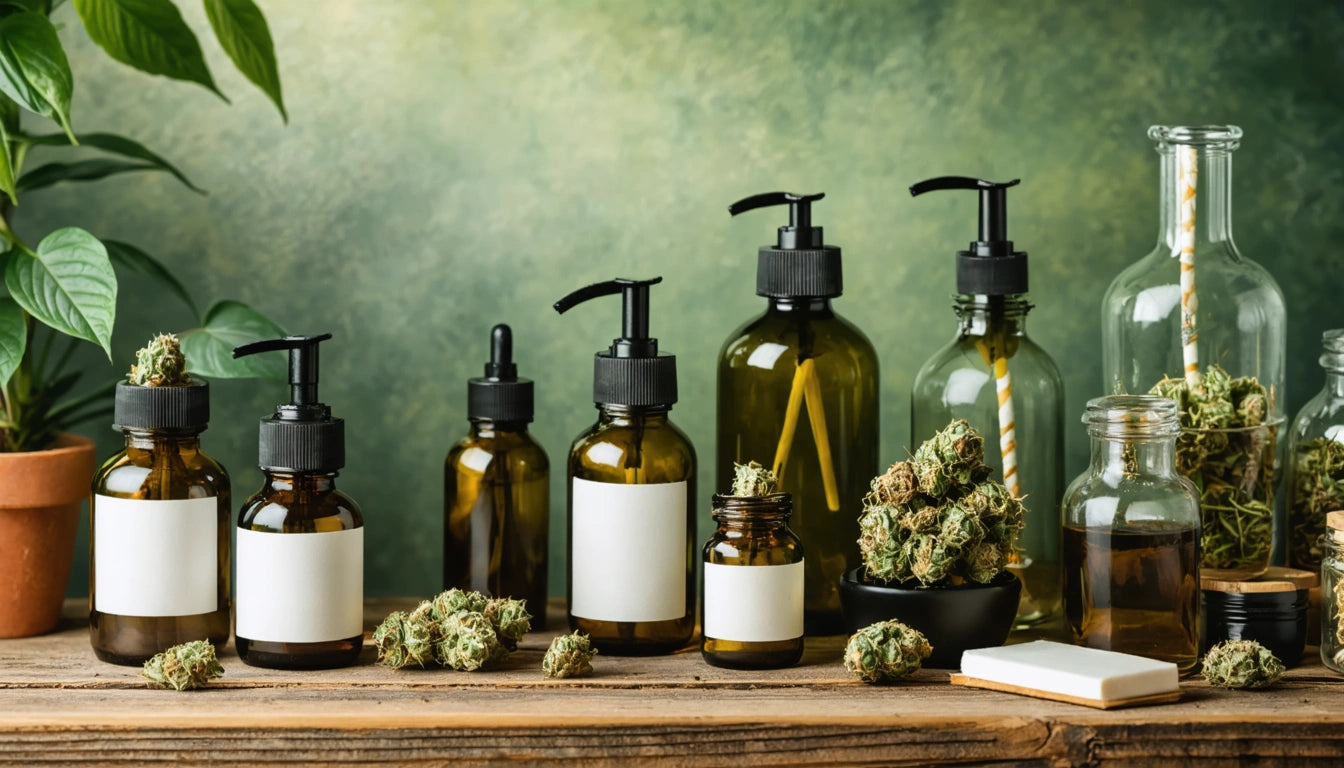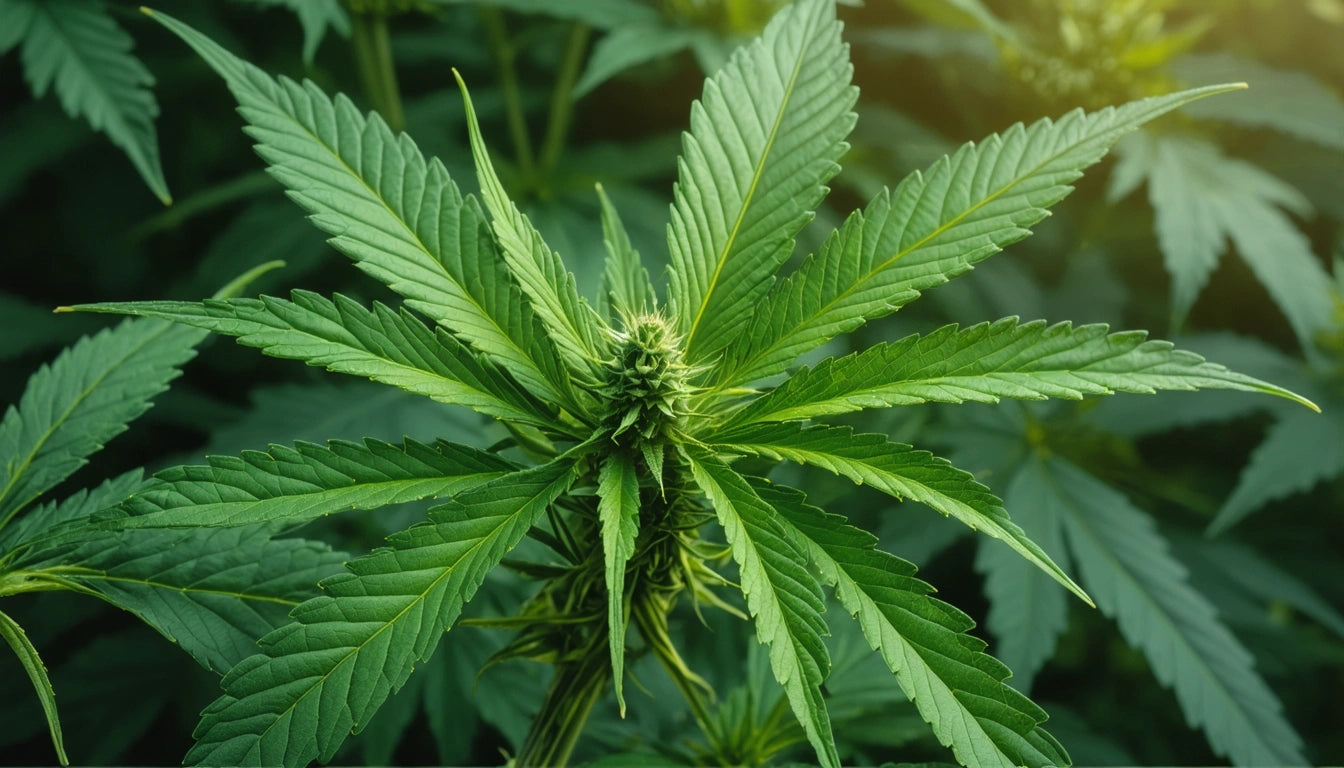Table of Contents
Understanding the THC Ban and Legal Limits in Texas: What You Need to Know
Texas has historically maintained strict cannabis laws compared to many other states. Recent regulatory changes regarding THC products have created confusion among consumers, businesses, and advocates. This guide clarifies when the THC ban takes effect in Texas, what products remain legal, current THC limits, and the reasoning behind these regulatory decisions.
Texas THC Ban: Overview and Timeline
The Texas Department of State Health Services (DSHS) has implemented new regulations targeting delta-8 THC and other hemp-derived cannabinoids. While many refer to this as a "THC ban," it specifically targets certain THC isomers rather than all THC products.
The ban on delta-8 THC products took effect on October 15, 2021, after the DSHS clarified that delta-8 THC is considered a Schedule I controlled substance under Texas law. However, legal challenges have created ongoing uncertainty about enforcement. Several lawsuits have been filed challenging the ban, resulting in temporary injunctions that have allowed some retailers to continue selling these products while litigation proceeds.
For businesses in the cannabis industry, staying compliant means using proper child-resistant packaging solutions for any legal cannabis products to ensure safety standards are met regardless of changing regulations.
What THC Products Remain Legal in Texas
Despite the restrictions, certain THC products remain legal in Texas under specific conditions:
- CBD products containing less than 0.3% delta-9 THC by dry weight
- Low-THC cannabis for approved medical conditions through the Compassionate Use Program
- Hemp-derived products that comply with the 0.3% THC limit
The Texas Compassionate Use Program has expanded since its inception in 2015, now covering conditions including epilepsy, multiple sclerosis, autism, and cancer. As outlined in this detailed overview of legal edibles and cannabis products in Texas, medical cannabis patients can legally access low-THC products through licensed dispensaries.
Current THC Limits and Regulations in Texas
Understanding the specific THC limits in Texas is essential for both consumers and businesses:
Hemp-Derived Products
Under the 2018 Farm Bill and Texas House Bill 1325, hemp-derived products containing less than 0.3% delta-9 THC by dry weight are legal. This threshold applies specifically to delta-9 THC, not total THC or other cannabinoids.
Medical Cannabis
The Compassionate Use Program allows qualified patients to access medical cannabis with up to 1% THC by weight. This represents an increase from the previous 0.5% limit following legislation passed in 2021.
For a broader perspective on how Texas regulations compare to other states, this comprehensive guide to THC legality across the United States provides valuable context.
Why Texas is Implementing Stricter THC Regulations
Texas legislators and health officials have cited several reasons for implementing stricter THC regulations:
- Concerns about unregulated products with inconsistent potency and purity
- Reports of adverse health effects from delta-8 THC products
- The perception that hemp-derived THC products circumvent existing cannabis laws
- Public safety concerns, particularly regarding youth access
While some states have embraced cannabis legalization, Texas has maintained a more conservative approach. As discussed in this analysis of marijuana legalization prospects in Texas, the state's political landscape has influenced its cautious regulatory stance.
Legal Status of THC Beverages in Texas
The question "Are THC drinks legal in Texas?" requires a nuanced answer:
Beverages containing delta-9 THC above the 0.3% threshold are illegal for recreational use. However, hemp-derived beverages containing less than 0.3% delta-9 THC technically fall within legal parameters, though they exist in a regulatory gray area.
For medical patients enrolled in the Compassionate Use Program, THC-infused beverages may be available through licensed dispensaries if they meet the program's requirements.
The regulatory landscape for cannabis beverages continues to evolve, with enforcement varying across different parts of the state. Those interested in the legal nuances should review this guide to marijuana possession laws and penalties in Texas for additional context.
Preparing for Regulatory Changes in Texas Cannabis Market
As Texas continues to navigate its approach to cannabis regulation, businesses and consumers should prepare for potential changes:
- Stay informed about pending legislation and legal challenges
- Monitor updates from the Texas Department of State Health Services
- Consult legal experts before making business decisions related to THC products
- Consider the broader trends in cannabis policy reform across the United States
While Texas has moved more slowly than many states regarding cannabis reform, the national trend toward legalization may eventually influence policy changes. As explored in this forward-looking analysis of marijuana legalization in Texas, economic, social, and political factors could drive future regulatory shifts.
For now, understanding the current regulations, staying compliant with existing laws, and monitoring policy developments remain the best strategies for navigating Texas's complex cannabis landscape.











Leave a comment
All comments are moderated before being published.
This site is protected by hCaptcha and the hCaptcha Privacy Policy and Terms of Service apply.